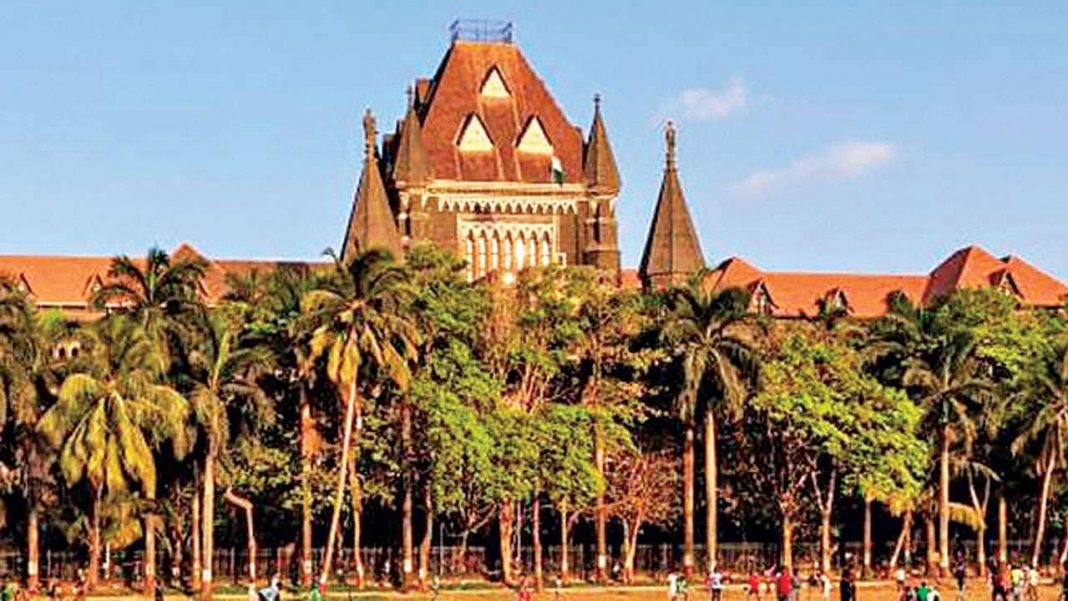New Delhi (ILNS): The Bombay High Court yesterday refused to release prisoners convicted under the Protection of Children from Sexual Offences (POCSO) Act on emergency parole, being allowed to decongest prisons in the time of the pandemic.
The court held that a prisoner convicted under the POSCO Act is not entitled to benefit of emergency (Covid-19) parole as per government notification issued on May 8. In the wake of the Coronavirus pandemic, the Supreme Court had ordered the reduction of the number of detainees in jails, fearing the infection.
A three-judge bench of Justices KK Tated GS Kulkarni and NR Borkar were hearing a writ petition filed by Pintu Sonale on the issue of whether a prisoner convicted under POCSO Act is eligible to be released on emergency (Covid-19) parole in terms of Rule 19 (1) (C) of the Maharashtra Prison (Furlough and Parole) Rules.
The judgment came against contrary decisions given by division benches at Aurangabad and Nagpur, while interpreting a proviso to Rule 19 (1) (c) of Maharashtra Prisons Rules, 1959 for release of prisoners on emergency parole. Sub-rule c was incorporated with the proviso on May 8.
The court noted: “We are not inclined to accept the contentions as urged on behalf of the petitioner that merely because the POCSO Act is not found in the special Acts as referred in the proviso, the prisoners convicted under the POCSO Act can avail benefit of emergency parole.”
The bench further clarified, The purpose of incorporating Rule 19(1) sub-rule (C) is completely different from what is provided for in sub-rule (A) and sub-rule (B), which is a special provision, incorporated in view of the declaration of epidemic by the State Government under the Epidemic Diseases Act, 1897. The purpose being to grant benefit of this rule to a limited category of prisoners so as to avoid ill-effects of pandemic and consequent health hazards, however, with clear exception that sub-rule C(ii) would not be applicable when the category of prisoners is of prisoners convicted for serious economic offences or bank scams or offences under the Special Acts. Thus there is no substance in the contention as urged on behalf of the petitioner that the notification is in any manner contrary to the basic provision of Rule 19(A), (B). The amended rule in no manner takes away the discretion of the authority effecting these provisions so as to confer any vested right in the prisoners who stand convicted of serious offences.
Read Also: Telangana High Court gives ‘go-ahead’ to Ram Gopal Verma’s ‘Murder’, but asks not to use real names
Advocate Rupesh Jaiswal, who appeared on behalf of the petitioner, argued that since his client is not convicted under the provisions of MCOC, PMLA, MPID, NDPS, UAPA, the condition precedent to release on emergency parole as classified by the State High Powered Committee is satisfied.
To this, the bench observed: “The reference to Special Acts like MCOC, PMLA, MPID, NDPS, UAPA is required to read ejusdem generis. We have no doubt in our mind that the prisoners who are convicted under the Special Acts although not specifically referred in the proviso and those falling under sub-rule (C) (ii), by virtue of the proviso would not be covered within the ambit of sub-rule (C)(ii). It would be for the prison authorities to consider the seriousness of such offences under the Special Acts.
“The Court cannot be oblivious that when the accused is sentenced for seven years and above under the provisions of the POCSO Act, it is certainly a conviction for a serious offence affecting the society at large.”
The POCSO Act is not specifically included in Rule-19 of the Maharashtra Prison Manual, the bench said. But this 2012 law falls under special laws and serious offenses, which are outside the purview of emergency parole based on Covid-19 proliferation.
Yesterday’s judgment read: “The decision of the Division Bench in Sardar s/o. Shawali Khan (supra) makes the correct interpretation of Rule 19(1) sub-rule (C) of the 1959 Rules whereas the decision of the Division Bench in Vijendra Malaram Ranwa (supra) would not lay down the correct position in law on the interpretation of the said rule.”
-India Legal Bureau


